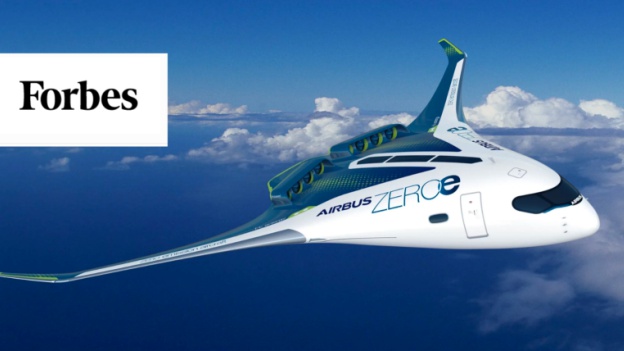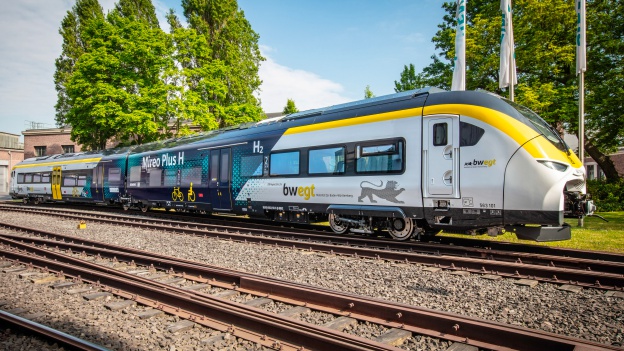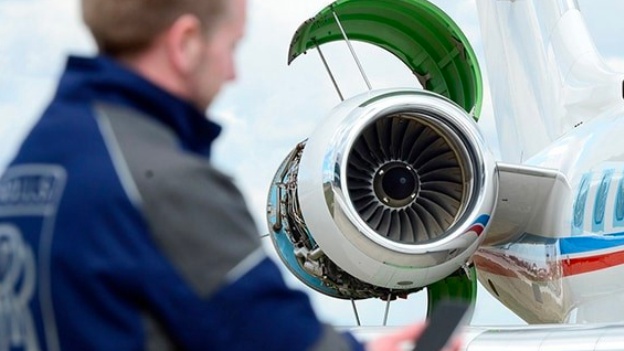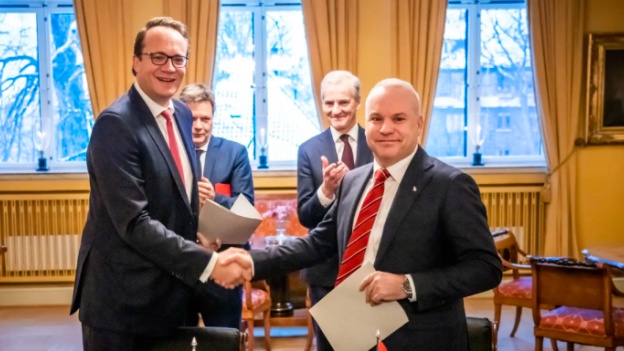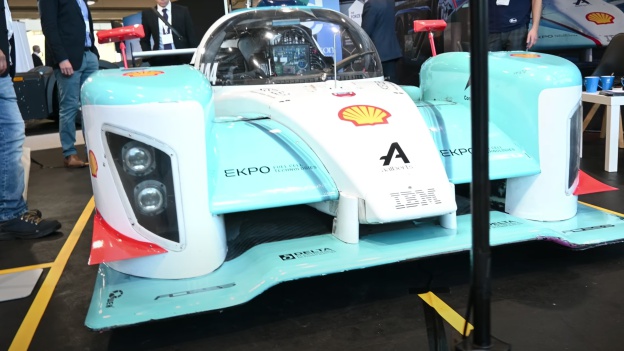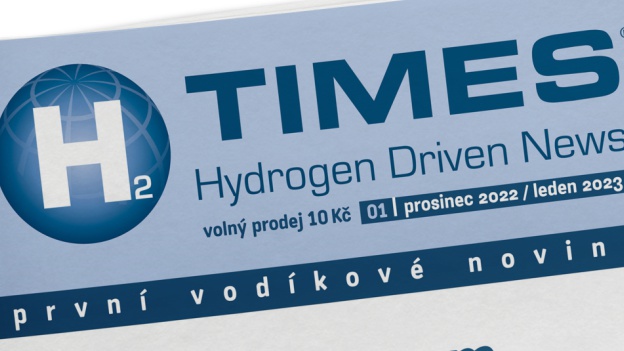Norway and Germany announced on 5 January 2023 that they will build an undersea hydrogen pipeline between their countries by 2030. This will be a large-scale pipeline that will initially transport hydrogen produced from natural gas (so-called low-carbon hydrogen) and later switch to fully renewable, green hydrogen. The project will be carried out by the Norwegian oil company Equinor (67 % owned by Norway) and the German energy company RWE.
The transport capacity of this giant hydrogen pipeline is to be 2 GW by 2030 and then 10 GW by 2038.
"Both countries aim at scaling up the production of renewable energy quickly, a prerequisite for production of green hydrogen. Green hydrogen can subsequently be phased in into the common transport infrastructure," states, among other things, a joint government statement from Norway and Germany.
In addition to the construction of a hydrogen pipeline, RWE and Equinor are currently assessing possible joint investments in offshore wind energy projects in Norway and Germany, as well as investments in green hydrogen production in Norway.
This agreement between the two countries, signed in Oslo, marks a very important strategic partnership in terms of the use of renewable energy in Europe.
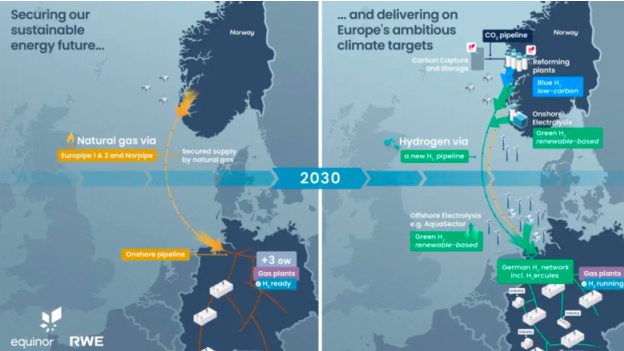
Source: www.hydrogeninsight.com and Equinor
Edited by H2 TIMES
Photo: Ole Berg-Rusten/NTB, infographic by Equinor and RWE












